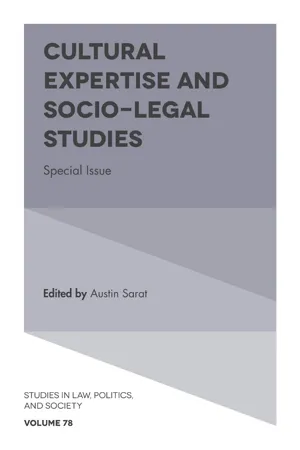Mr Amin and a Case of Attempted Manslaughter
A case, tried in spring 2016, involved a young Kurdish man, Mr Amin, who arrived in Finland in 2015 to seek asylum. He lived in a reception center with several other Kurds, with whom he often passed the time by playing pool in the basement of the building. One day, when a group of them were playing in the basement, two of the men, Mr Amin and Mr Rahimi, got into a fight. The situation escalated quickly: both of the men started verbally insulting the other’s mother and sisters, after which the fight turned violent. The rest of the group made an effort to calm the situation, but with little success as, in the end, Mr Amin stabbed Mr Rahimi with a pair of small scissors in the neck area several times. As a result, Mr Amin was remanded in custody until trial and Mr Rahimi survived with fairly minor injuries.
At the trial, both the prosecutor and Mr Rahimi’s lawyer asked the court to find Mr Amin guilty of attempted manslaughter whereas the defense insisted that Mr Amin had only committed an assault at most. The defense maintained that both parties were involved in a reciprocal assault and that Mr Amin had only used the scissors as a result of strong provocation on Mr Rahimi’s part. In order to determine whether the conviction would be attempted manslaughter or assault, the court had to scrutinize Mr Amin’s motives and decide if he was likely to have attempted to kill Mr Rahimi. In the process of examining Mr Amin’s mindset, a number of culture-specific features of the incident were brought up and received a fair amount of attention during the litigation.
In court, Mr Rahimi, Mr Amin, and a third Kurdish man, who was present at the time of the incident, all provided their oral testimonies. They shared similar views with regard to what triggered the violence, as they explained to the court that both parties were insulting each other’s family members and, as the witness stated, in their culture offending someone’s mother or sisters is the worst kind of offense, making it “a matter of honor.” Mr Rahimi seemed surprised about Mr Amin’s decision to attack him so violently and explained “We share a language and the same country, it’s not like he is an Arab or anyone like that. He is a Kurd and we understand each other.”
In order to scrutinize Mr Amin’s motives and the possible intention to kill, the prosecutor and Mr Rahimi’s lawyer were particularly interested in the death threats that were presented during the incident. The defense claimed that Mr Amin had threatened to kill Mr Rahimi in the process of the incident. Mr Amin was asked by the prosecutor detailed questions about the number and timing of the threat or threats: “How many times did you threaten to kill Mr Rahimi? Did this happen before, during or after the attack?” Mr Amin seemed confused about the level of interest in terms of verbal threats and could not provide particularly detailed responses. He also added that Mr Rahimi had, likewise, threatened to kill him. With the purpose of further clarifying the situation, the prosecutor also confronted the eyewitness about the nature of the threats. After several questions regarding the subjects and objects of the threats, the number of threats, and their timing, the witness also appeared perplexed. In the end, the witness decided to shed light on the affair and offered his interpretation of the situation. He stated that in their culture when someone threatens to kill another person, it is most often just “a habit” and does not indicate an actual desire to kill. The witness continued “I can give you an example. As children, when we played outside, mother would call to us, and she might shout ‘Come in or I’ll kill you!’ It’s just a habit, it doesn’t mean anything serious.”
In the end, Mr Amin escaped the charge of attempted manslaughter and he was convicted of a serious assault. The District Court sentenced Mr Amin to just under three years’ imprisonment, in addition to which he was required to pay damages. Later, the Court of Appeal accepted the District Court’s verdict, for the most part, but reduced the sentence by one year. It appears that the courts did take the cultural argumentation into account when assessing the incident as the District Court’s verdict states the following:
It has become clear from the plaintiff’s, defendant’s and witness’s narratives that both the defendant and the plaintiff have insulted each other’s close relatives. In addition to this, at least the defendant has told the plaintiff that he intends to kill him. Then again, it has been told that in the defendant’s and plaintiff’s culture claiming to kill someone without having a real intention to do so, is rather easily done. The court deems that the cultural background of the defendant and the plaintiff shall be taken into account when assessing the ...
